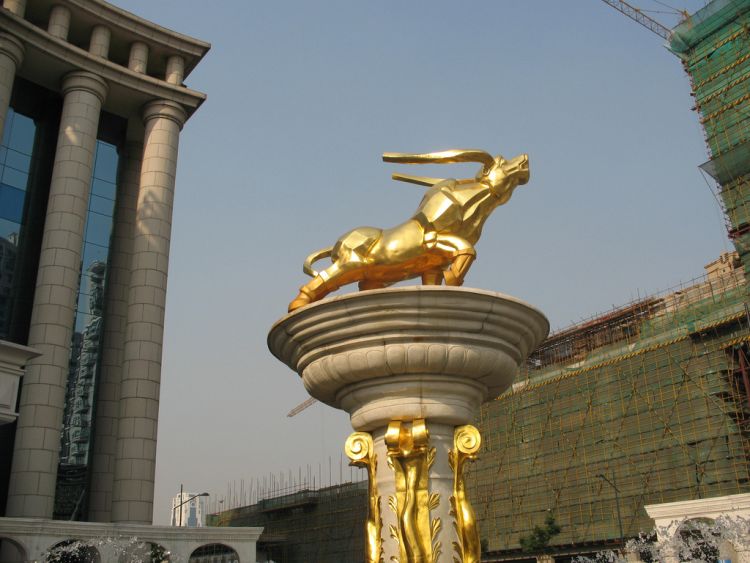
On one level, God’s will for us is plain.
Rejoice always, pray without ceasing, give thanks in all circumstances; for this is the will of God in Christ Jesus for you. (1 Thess 5:16–18)
Putting aside the complex issue of God’s will, Paul’s exhortation makes it clear that thanksgiving must be a central part of the Christian life. Paul also writes that we should be “…giving thanks always and for everything to God the Father…” (Eph 5:20).
What does this sort of universal, always-on thanksgiving look like?
Give Thanks to God
Principally, God’s people should be thankful to be God’s people, because this is a gift. Just look at Exodus 15:1–18 where Moses sings and exults in God’s Red Sea deliverance.
For the Christian, all of God’s gifts flow from the supreme gift of salvation, and we should thank him for every one.
For everything created by God is good, and nothing is to be rejected if it is received with thanksgiving, for it is made holy by the word of God and prayer. (1 Tim 4:4–5)
Moses’s song in Exodus 15 is a model of thanksgiving for us. Our modern ears might find it repetitive, but Moses is slowly rehearsing every powerful, saving work. Every detail is important, because God is in all of the details.
We glorify God when we thank him specifically. In particular, we draw attention to his generosity, power, and love when we delight in all the blessings that come from a particular gift. After all, God foreknew and planned every last blessing we experience!
Specific, Exuberant Thanksgiving
My aim is to model this type of thanksgiving.
I love coffee. This isn’t exactly a controversial opinion on the internet, since roughly 114% of Twitter bios mention it. But I’ve been reading and thinking a lot about coffee recently. (I’m teaching a class on it in the fall.)
This is just a case study; coffee isn’t the point. My aim is thanking God everywhere, at all times, for all things. I’m just getting started; how about you?
Thank You, God, for Coffee
God, thank you for coffee. What a good, pleasurable gift you’ve given!
Thank you for the way coffee tastes. I love the way the flavor varies by the origin and roast of the bean; from nutty to fruity to chocolaty, the differences are delightful. Thank you for the unmistakable jolt to my tongue when I take my first morning sip.
Thank you for the smell of coffee. You’ve created such a warm, enticing smell with this drink that many who don’t enjoy the drink welcome the smell. The intensity of the aroma over freshly-ground beans is arresting and invigorating. Thank you for the way the smell of the grounds is released by the water, pulling me like a tractor beam to the mug.
Thank you for the stimulation coffee provides. You created caffeine, and like everything you created it is good. How generous you are to give a safe chemical in a delicious form that helps so many focus, think, and create.
Thank you for the ritual that goes along with coffee. You’ve given us a welcome, peaceful process to create this great drink. From boiling to scooping to grinding to pouring, the predictable rhythm of those ten minutes is a respite from the rest of the day. Thank you for the opportunity to breathe and rest while the coffee brews.
Thank you for the beauty of coffee. Though I make it much more for its taste than its appearance, in the right hands coffee is gorgeous. You’ve created so many different shades of brown that complement and accent each other so perfectly.
Thank you for the availability of coffee. The bean is grown in limited parts of the world, but you’ve blessed the farming, processing, and distribution of coffee so that most countries have easy access.
Thank you for the conversations that coffee inspires. You’ve made it natural, at least in the States, to build friendships over this drink. So many people meet to plan, pray, study the Bible, or ponder your world while drinking coffee.
Thank you for the food that goes so well with coffee. Donuts, bagels, eggs—these all pair perfectly with coffee. This drink you’ve created is wonderful by itself, but it shines in harmony with every cake, pie, and pastry around. What delicious combinations you’ve made for us to enjoy!
God, we see your goodness and overflowing generosity in coffee. It points us to your character, your love, and the gift of your Son for us. Thank you!






